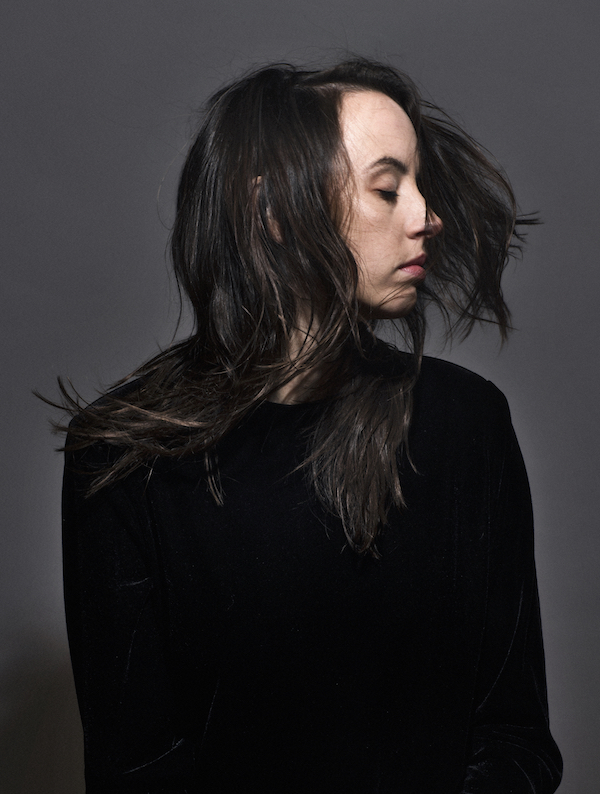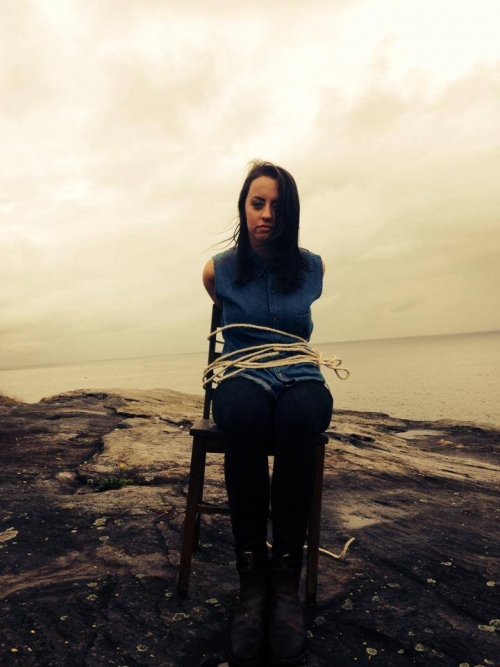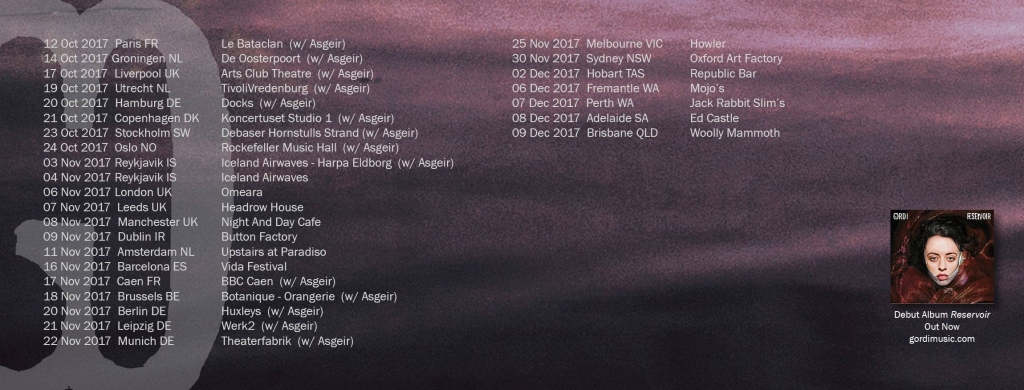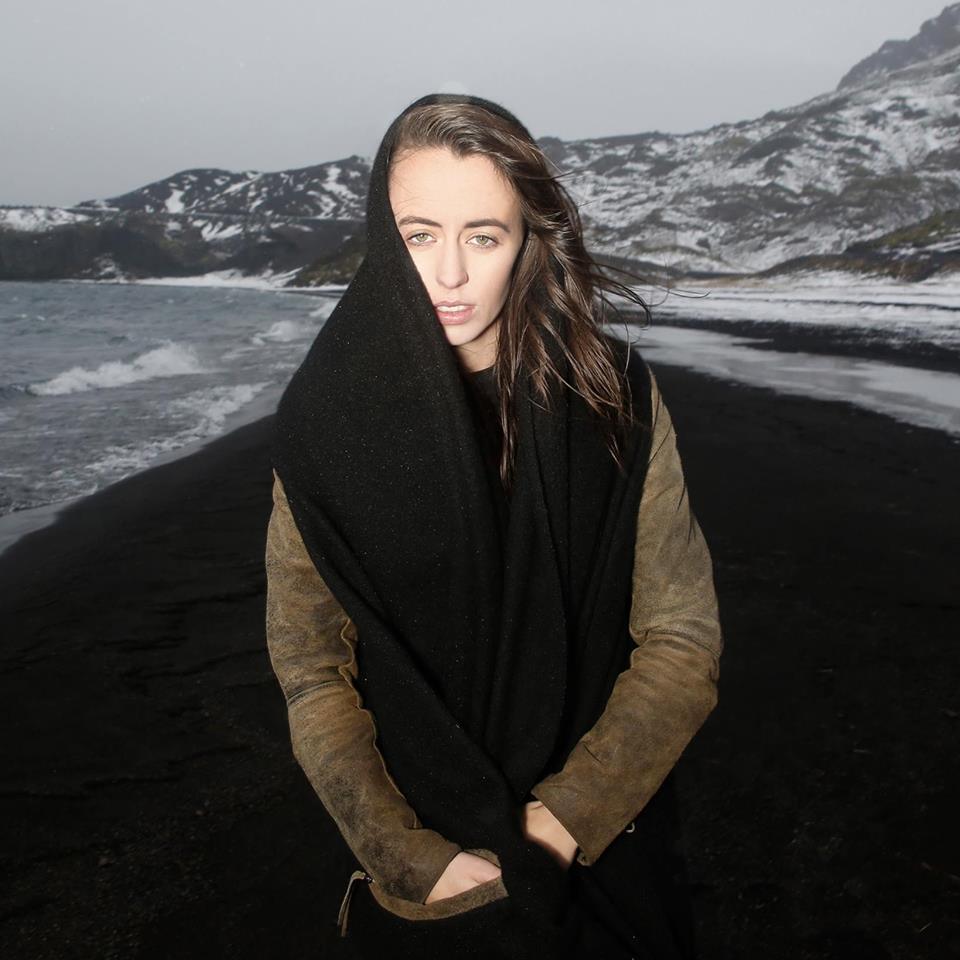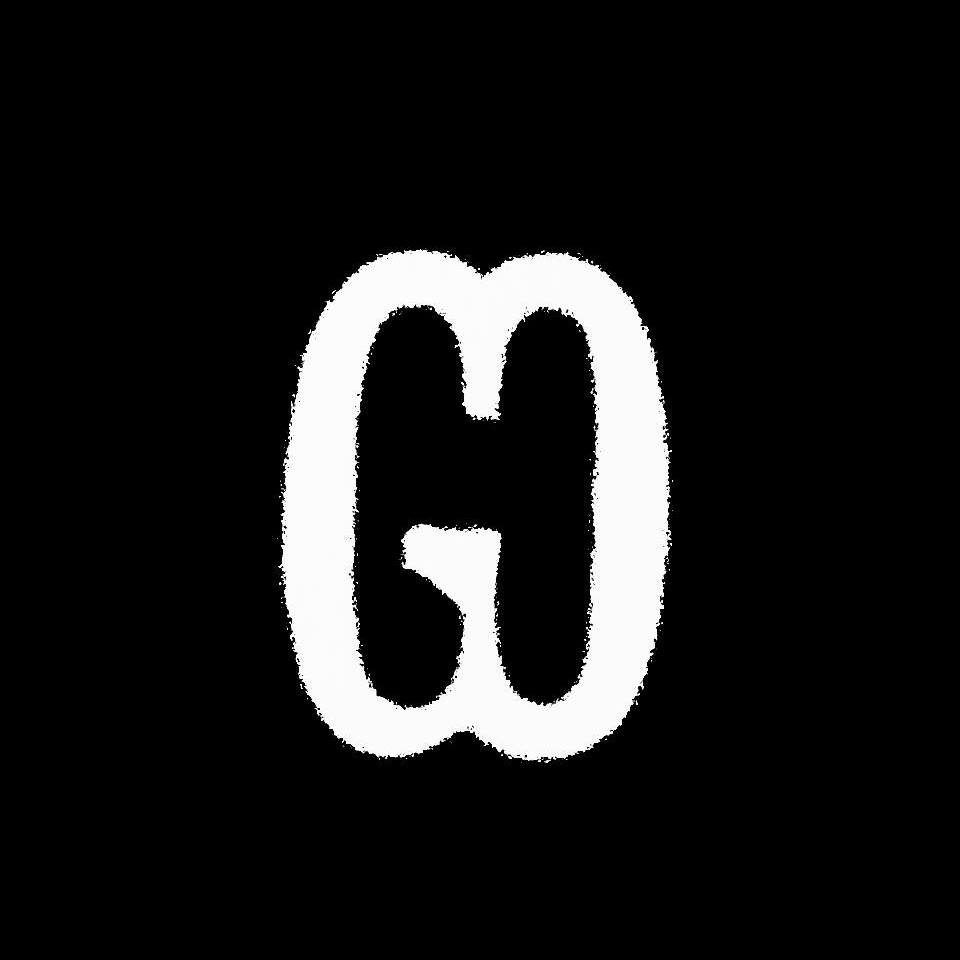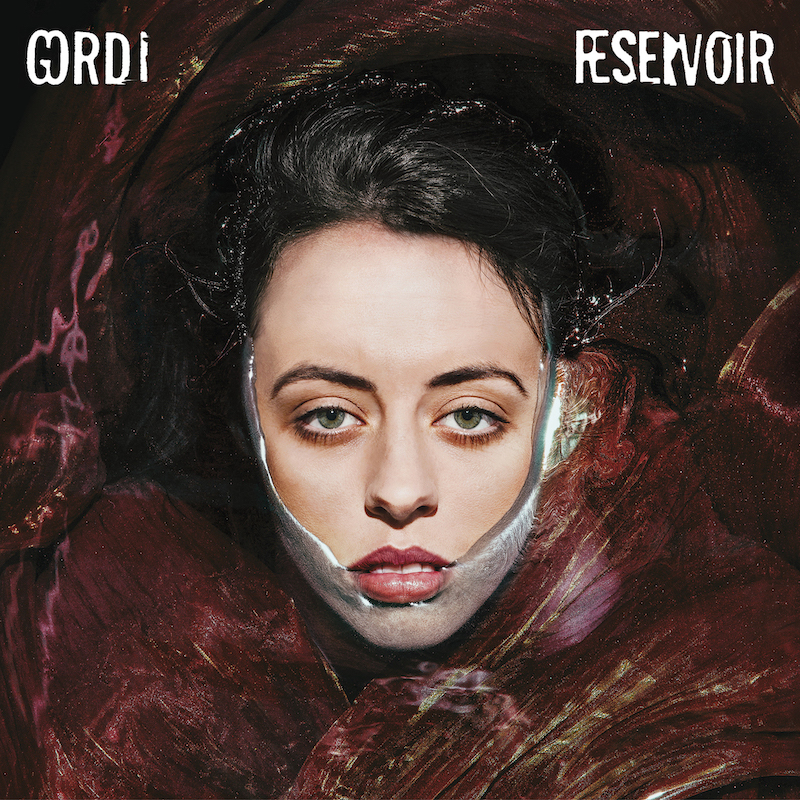Project Description
Interview with
GORDI
about her Debut Album
“RESERVOIR”
Interviewer – Ashley Flockhart
.
.
.
Can you give me a summary of Alfalfa?
Alfafa is the farm town where I grew up so it’s 20 kilometres west out of a little town called Konoundra; which is 300 kilometres away from Sydney. It’s about a town of 28,00 people, it was a very beautiful place to grow up in.”
How did growing up in such a small town affect your work?
“I think the biggest influence was that it wasn’t a bustling city. I grew up having so much space around me and I think that was a catalyst for inspiring so much creativity, and we had a beautiful piano in our house that sits looking out over our property. It’s a really idyllic spot to sit. I’d be sitting in my room and I’d hear my mum playing the piano and I wanted that to be a big part of my life. Where I grew up, I think the biggest impact it had was really the space and the beautiful emptiness.”
How did your grandma impact on your work?
“Yeah she definitely did. She’s 93, a cool lady. She lives 100 meters away from our house. My childhood was being raised on the farm and driving in the car with her, singing with her. I was driving with her not long ago, going for a drive around the property and she was saying that it’s amazing that all to think things that are happening with ‘your’ music. She said to be honest ‘we always thought you could sing but we never really thought that you could sing.”
.
.
Your songs incorporate organic sounds such as soughing of wind, the grating of twigs, and even the passing of cars, can you talk a bit about your passion for these sounds?
I think in terms of how we record it, I’ve always really strived for a balance between hi-fi and low-fi recording. I really want my vocals to be really beautiful and sweet in hi-fi, and I don’t want them to appear rough around the edges because that (sweetness) is really the real focus of it all. But that leaves a big empty space for the percussions I have. I’ve always been into music that explores percussion in really low-fi ways that use still recordings and samples of things that are out in the worlds. Someone who does that a lot is Alex Summers, who I worked on a few of the tracks with from the record: Something Like this, Bitter End and Aeon. Those ones in particular have a crunchy quality. Still recordings are something I’m getting into more, recording sounds and noises you are hearing around you is great because they can create such an interesting soundscape.
What’s it likes crossing paths with an icon like him?
It’s pretty incredible. You’ve got to stop yourself being a fan the whole time and remember that they are a person. He’s such a talented artist I feel really privileged to work with him. You kno
w I think you forget all that when you work with an amazing person because you’re in the moment, and he was so wonderfully invested in what I wanted to do. Working with people who have credentials is one thing but I think it’s more important to find someone regardless of their credentials to really believe in what you’re trying to do. (Alex) He believed in my work, which is a lovely thing.
How would you describe your genre, or style of your music?
“It’s funny I was phoning someone the other day who bought up that whenever you fly into America, you have to have a visa, and they ask you ‘what do you do,’ and I say I’m a musician and they ask ‘what type of music do you play.’ It’s the one dreaded time I think of when I go to the airport. Most of the times I would describe it as Folktronica, it’s kind of something with acoustics.
.
.
What can that genre, Folktronica, teach people that other’s count?
I think folk music is unashamedly a good song, and I think electronics brings an amazing percussional quality. The reason why I fell in love with folk music as a child is that it’s just speaking to you
r soul, and it’s not getting wrapped in elements. It’s just usually someone sitting down with a guitar pouring their heart out, and it’s just a really special experience to connect with someone that way.
In a Bitter End, it struck a chord with me and I’m curious about the basis of it?
When I wrote that song I was feeling kind of jaded. I had a bit of a negative outlook on life and people. Sometimes it feels like people are seeking a drama, seeking some kinds of terrible thing to happen so they can define themselves by it. So I think the first line of that song ‘take a step back’ is to say just take a step back out of it for a moment, and take a step out of your small little world and take the big picture to ask: does this matter? Because if you keep yourself contained in your own little world and you’re so wrapped up in just that you are just going to grind yourself down to a bitter end.
Juggling a medicine degree and a music career, what kind of difficulties did you face?
To be honest it’s been brutally hard, there’s been a lot of times when I’ve wanted to drop out and quit Uni. It takes a massive toll on me physically and emotionally. Even this tour I’m on at the moment, with every time we have down time on the bus I’m studying. There’s always times in the year when I fall in a heap and think I can’t do it anymore, but I pick myself up and dust myself off and go again. I’m really looking forward to a time when I know that I won’t have to do that and I know that’s really soon but I still think it’s worth it to finish the degree but it’s certainly taken a big toll. But I’ve been learning to live a little this week.
.
.
What’s the future like if you want to be a doctor and a musician at the same time?
I’ll have my final exam (medicine) in September. Then after that I’ll have finished the degree and a have a couple bits and pieces to wrap up so I’m take the year off next year to finish up medicine but mainly focus on music for most of the year. I’ll probably re-assess where I’m at, keep the degree in my pocket and maybe take a year to work in hospital.
How did your stage name Gordi come about?
It’s a family nickname. That my brother always called me a as a k
id. Literally no reason, no one knows why he did it. It really stuck, a few years ago I thought I’d stay with this name and I’ve never turned back.
Now that you’re approaching the release of your album, has the meaning of the word Reservoir changed?
Yeah. The word Reservoir began as this thing my friend and I would talk about if she was feeling really down or super reflective, it would be like you’re in the reservoir. The more I thought about this idea of a reservoir kept developing as I was writing the record. It’s an intangible thing but it’s this space inside you and you go in there in your most reflective or your most contemplative state. If you lived your life in there you wouldn’t survive but at the same time if you never went in there you wouldn’t be in touch with who you are. For me it’s the main place I go to write songs, and it’s a real physical sensation I get when I’m writing. There’s a tightness in my chest and there’s this thing I have to get out to return from the reservoir. So I guess the record is a presentation to people of what my reservoir means.
.
.
What role do you think technology plays in friendship breakdowns?
I think essentially when you’re in your early twenties and you’ve come out of school with friendships that are the foundation of who you are; they’ve watched you grow up. They are such an important part of your life, so you get into your early twenties and you are trying to find out who you are; what you want to do and where you want to go in your life. And people sometimes just don’t fit into that. You’re going in a direction and someone else is going in another one and you can’t reconcile the two. I think sometimes it’s just a natural progression of things. I guess in this day and age, there is one argument to make that being on phones makes you less present. In this age of social media on the other hand you have a better connection or platform than ever. I don’t know it’s a tricky one.
A pool of the songs from your album were recorded in Reykjavik. How did that region impact your work?
When I listen to the songs that I recorded that I did there, I’m really transported back to that place. It was in the middle of winter, it was beautiful. It was snowing, and I would look out over this lake in this beautiful little wooden house. I think the very winteriness of it was captured in those songs by using the vibraphon
es in the room, different vocal techniques that captured the kind of mood projected by the weather and the bare darkness of night.
.
.
Reservoir
Out now
via Liberation
.


